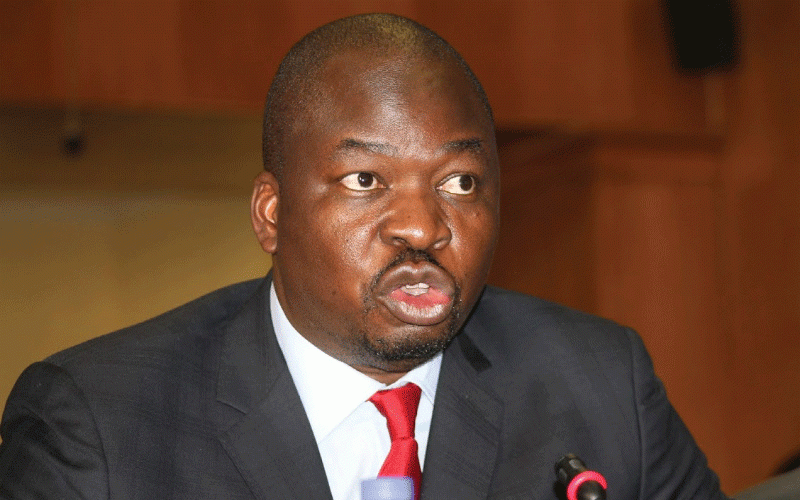
GOVERNMENT has admitted that it is dealing with unscrupulous investors who do not want to pay tax or account for their activities in Zimbabwe, a revelation that is coming as the authorities continue to sign “mega deals”.
Over the past few years, government has signed numerous investment contracts with players who cannot be easily identified with one quick search on the internet.
Most of these firms, upon further digging, are later revealed to be shelf or briefcase companies.
These revelations raised concerns as the Zimbabwe Investment and Development Agency (Zida) issued a total of 154 licences during the second quarter of 2024, for a value of US$1,8 billion.
This was up from the US$622,18 million worth of licences issued in the first quarter, which totalled 143 licences.
“The other test that we always get will be projects that are only viable because the government gets over piles and piles of fiscal incentives,” Finance, Economic Development and Investment Promotion permanent-secretary George Guvamatanga said at the Zida Northern Region capacity building workshop in Harare yesterday.
“You get a project where they [investors] are coming and they are saying that they don’t want to pay any taxes for taking it, no income checks, no corporate checks. Some will even say that they don’t even want their employees to pay taxes. They will even want to bring in from their desks, pens, rulers, everything duty free.”
He continued: “And, when you then look at the project and say, what are these people mining, you are told that they are mining manganese and other minerals which are available in plenty of your constituencies. But, you then say, what is the main life? Main life is seven years. That is the main life, but they want fiscal incentives for 10 years.”
- Letters: Policy inconsistencies driving out, frustrating foreign investment
- Lithium exports to surpass gold, says Zida chief
- Cannabis farmers underestimated costs involved: ZIHT
- Zim’s cannabis hopefuls face EU blowback
Keep Reading
The Treasury chief said those were some of the projects that government got.
“To the extent that there is no benefit whatsoever that can be generated for government,” Guvamatanga said.
“Any project should be viable without government coming in to offer massive concessions and rebates. And so, you should be able to be viable without those concessions. I am not saying that we don’t offer them. There are already quite a lot that we offer, but the basis of viability of a project should not be against government concessions.”
He said government wanted to see projects that were fair, not only to the investor, but also to Zimbabwe.
Zida chief executive officer Tafadzwa Chinamo said they were working on closing the gaps that were hindering the development of the country.
He said a proper framework was needed in closing loopholes which hindered development.
“We can’t just go out and engage the private sector without the proper framework. So, through Zida, one of our mandates is to ensure that projects that you, in your district, in your province, would identify as possibilities where the private sector can assist the government, that those are prepared properly,” Chinamo said.
“That they are analysed properly, they are prepared properly and the agreement and the consultation that you give the private sector, you say it to government.”










